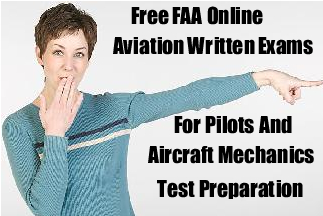 |
|
|
|
|
|
|||
|
By Mike Mitchell |
||||
 |
April 30, 2010 - National Transportation Safety Board Chairman Deborah A.P. Hersman said on Thursday that the use of data to manage and improve safety in the aviation industry has had a positive effect on the world's improving aviation safety record but she cautioned against over-reliance on these systems to the neglect of forensic investigation.
Addressing a
conference of the International Society of Air Safety Investigators in |
|||
|
|
||||
|
"The Board has been advocating the use of SMS for a decade, having issued 17 recommendations in favor of implementing SMS in the aviation industry. When implemented correctly, Hersman said, "SMS holds real promise in a variety of scenarios." She noted several instances where SMS helped eliminate potential unsafe conditions, notably a corporate flight operation that used flight data to determine that high bank angles occurred on repositioning flights, and a review of commercial aircraft approach data that indicated a high rate of TCAS (Traffic Alert and Collision Avoidance System) warnings at a particular airport. In these instances, she said, "data management adeptly identified a clearly measurable set of information and allowed for a relatively simple and effective solution." However, Hersman noted, SMS works well for companies that are already "getting it right," but may provide little more than false confidence for companies with less than robust safety cultures.
|
||||

